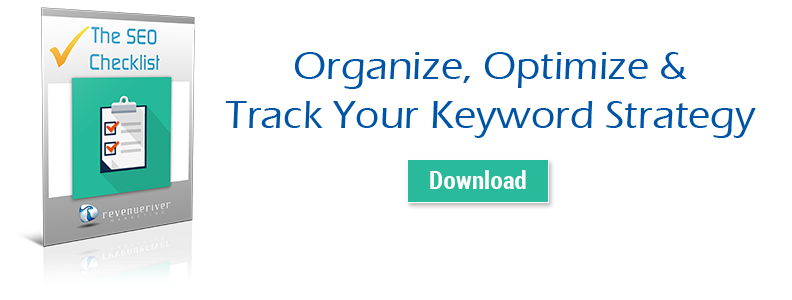
RankBrain is a machine-learning artificial intelligence system used by Google that helps them sort through search queries more efficiently. Machine learning is when a computer teaches itself something rather than being taught by humans or being programmed.
For a very long time now, many SEOs have been baffled by how it fits into Google’s overall ranking system. Throughout this post, I will do my best to walk you through the ins and outs of the RankBrain ranking factor, as well as whether or not it is possible to optimize for it.
What is RankBrain?
The first thing to remember is that RankBrain is not an algorithm update such as Penguin or Panda, it is now the third most important signal contributing to the search queries and results. It is used by Google to help display results that are relevant to and reflective of the searchers intent by filtering through a large amount of keyword data. Its artificial intelligence allows it to predict meaning and relevancy to display the best matching results even for brand new search requests. Through its ability to teach itself, it can effectively answer new search queries and understand what results should appear for certain topics, even with limited or no data behind it.
What Does RankBrain Do?
Let’s say a query comes through Google. In the past they would use an algorithm, same algorithm across the board, to figure out which pages and websites to show. If you search for something currently, Google is suggesting that RankBrain interprets the queries with all surrounding factors (i.e. location, personalization, past user search history, etc.), determines the searchers intent, and then selects rankings to match what they believe that particular searcher is looking for. With this ranking signal, the user intent has never been more important.
RankBrain Example
Let’s say you are searching for the perfect canoe. Below are some sample search queries you may use to find the perfect one.
“best canoe brand”
“what are the best types of canoes”
“canoes that are the best”
“recommended canoes”
All of the searches are basically the same query. The user is obviously curious about the best brand of canoe. The user just typed it in several different ways.
With this artificial intelligence, it takes all those variations of how those searches are done and uses its own AI component to narrow it down to determine exactly what you are looking for. You will see that all these search terms will return very similar results.
Optimizing for RankBrain
In short, you can’t. Because of this being such a unique part of the algorithm, it requires a very different way of thinking. With this AI, rather than optimizing for keywords and certain on-site elements, optimize for user intent. RankBrain is going to be looking at certain signals that show you are focused on user intent. They are then going to let Google know where you should be ranked based off of the query and relevance of the signals.
Below are some of the signals RankBrain is going to be looking for:
- Freshness of Content
- Relevance is very important for user intent. If your content is not new, then you are probably not going to be the best website for that particular query. Someone with newer content will most likely outrank you. It doesn’t matter if you have lots of good links, lots of diversity, or lots of great keyword matchings. If you are not fresh, you are not giving the users what they want.
- Domain Authority
- This is somewhat important because Google does not what to be spammed by low-quality domains even if fresh content is published on their site.
- Engagement
- This signal is very important. For high engagement queries it is important that you make the content long enough and engaging enough for people to want to stay on that page. Having videos on pages where it works is a great way to increase engagement.
- Related Topics
- Google is definitely looking for the right words and phrases. For example, if there is a really important canoe brand that you may have left off your website, Google is probably not going to rank you as high as the pages that have all mentioned the full list of brands. It’s important to cover all related topics for important queries.
- Content Depth
- Google likes to see a lot of content, not just small pieces of content that give little information about a query. When people are searching something Google’s thought is that they are looking for more information than just quick answers.
Basically, RankBrain is helping Google decide what websites to prioritize for which queries based off of certain signals. It all comes down to whether or not your content and website is fully optimized for the user intent of that particular query.
There is so much to Google’s RankBrain. I am hoping that this article helped you better understand a bit more about this ranking factor and its effects on the search results. When creating your SEO strategy, it is important to understand that you technically cannot “optimize” for RankBrain, but to help increase your website’s signals, concentrate on improving your user engagement and keep your content fresh and up to date.

